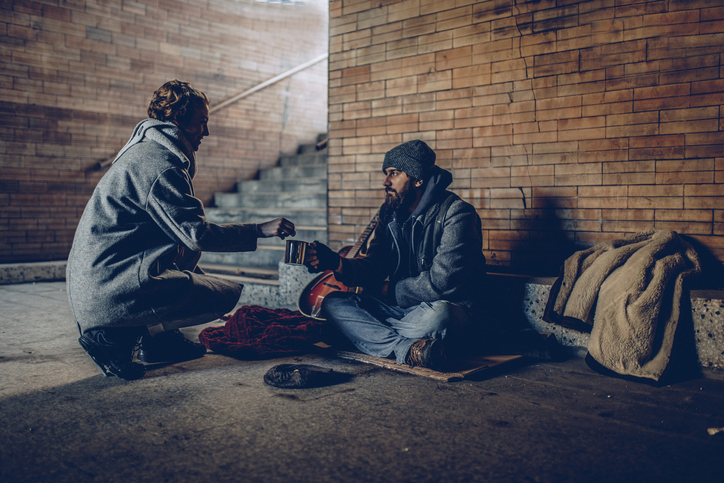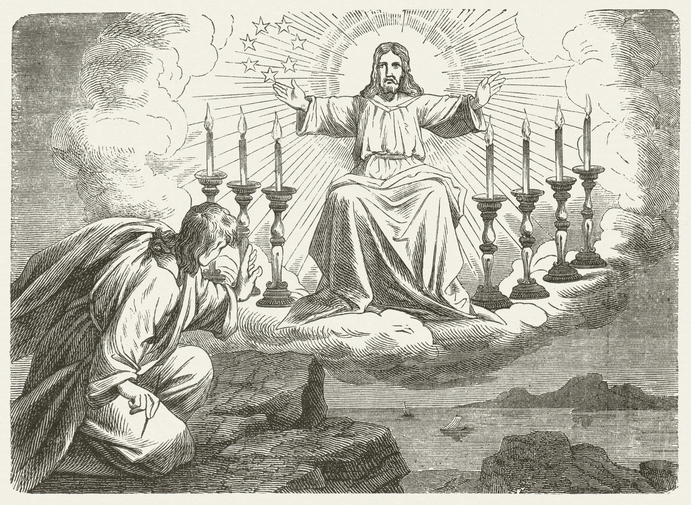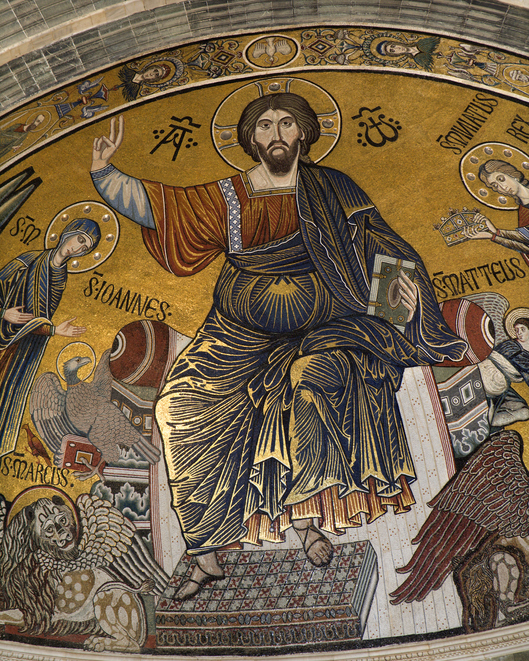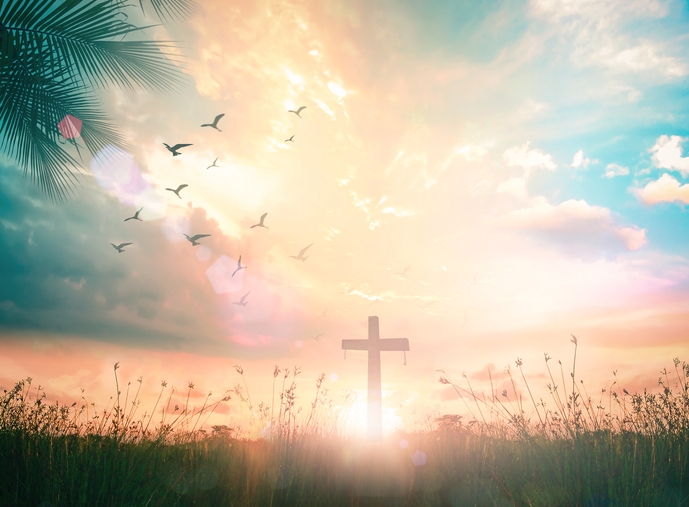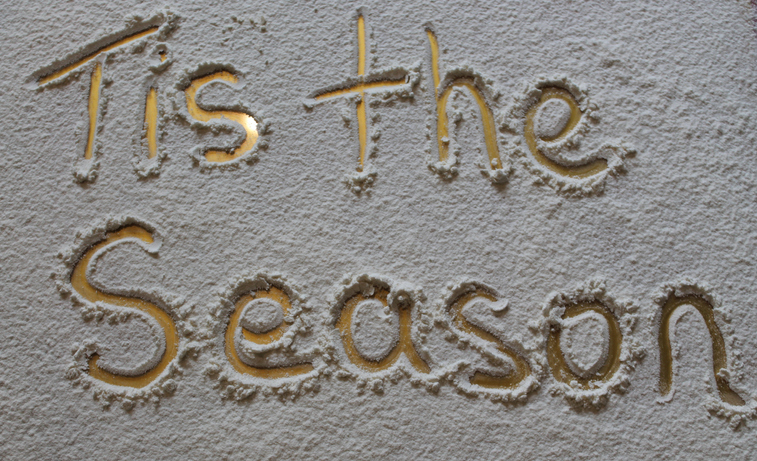It’s the end of the liturgical year with its amazing readings that remind us of three things: 1) God has a purpose that unfolds in history; 2) individuals, groups and nations can thwart that purpose but cannot overturn it; 3) hope requires taking the long view if we are to act courageously and effectively for the coming of the Kingdom.
I can imagine Mattathias standing with his sons on the edge of the mingling and nervous crowd as the king’s messengers set up the altar of sacrifice. At that point, did he have a clear plan for what he should do? What did he feel? Angry? Devastated? Defeated? Afraid? Determined? Uncertain? Because it isn’t really about Mattathias that the Church has given us this reading. This reading is about us who live in this tumultuous era of disorienting defeatism. Watching the world and national news unfold in tweets and posts and commentary is almost too difficult to comprehend. The changes that are engulfing the globe are not straightforward. They are complex and inexorable. With “fake news” added in, it is almost impossible to know what really happened before it was twisted into the service of someone’s agenda. We might find ourselves standing on the sidelines, wondering what is going to happen and, perhaps, what is this going to mean for my family and me.
It was clear that Mattathias and his sons knew one thing. They knew who they were and had already decided to remain faithful to the covenant of their fathers. “God forbid that we should forsake the law and the commandments. We will not obey the words of the king.”
They did not seem to have a plan for what they would do next. It was when a “certain Jew” came forward to offer sacrifice on the altar that Mattathias sprang into action, filled with zeal, and tore down the altar, marching through the streets calling forth the zeal of the others in the city, leading them to the mountains where they would continue their resistance. This example of Mattathias and his sons is a delicate and unmistakable intertwining of hope and action. Hope is an essential foundation for a response, for zeal, for action. But hope doesn’t replace action. Both are needed.
In confusing times of uncertain change, we can follow Mattathias example. He may not have known exactly what part he was meant to play in the history of his people, he may not have known the next step he should take, but he had the hope that in the long view of salvation history, God has a plan that cannot be defeated. Because of that hope, he could risk facing what needed to be changed with purposeful action at the service of God’s glory.
Jesus, in the Gospel, weeps over Jerusalem, which has not known the time of its visitation. His sorrow did not lead to hopelessness, and his hope was not mere wishing it was different. It led him to lay down his life for the salvation of the world so that God’s Kingdom would come; his will be done on earth as it is in heaven.
These November readings are not the cozy, comforting readings of earlier months. As we approach the Feast of Christ the King and the Advent-Christmas meditation on the amazing mystery of God’s birth in time, these readings help us find our feet in this world in the light of the Kingdom and the world to come.

Kathryn James Hermes, FSP, is the author of the newly released title: Reclaim Regret: How God Heals Life’s Disappointments, by Pauline Books and Media. An author and spiritual mentor, she offers spiritual accompaniment for the contemporary Christian’s journey towards spiritual growth and inner healing. She is the director of My Sisters, where people can find spiritual accompaniment from the Daughters of St. Paul on their journey.
Website: www.touchingthesunrise.com
Public Facebook Group: https://www.facebook.com/groups/srkathrynhermes/
For monthly spiritual journaling guides, weekly podcasts and over 50 conferences and retreat programs join my Patreon community: https://www.patreon.com/srkathryn.





